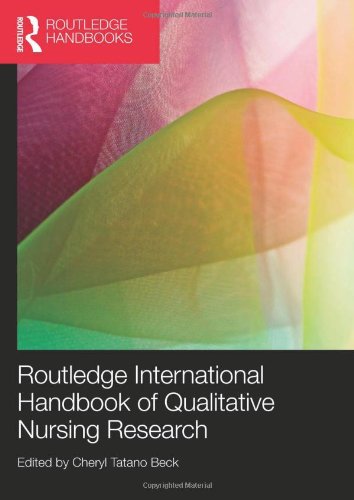

Most ebook files are in PDF format, so you can easily read them using various software such as Foxit Reader or directly on the Google Chrome browser.
Some ebook files are released by publishers in other formats such as .awz, .mobi, .epub, .fb2, etc. You may need to install specific software to read these formats on mobile/PC, such as Calibre.
Please read the tutorial at this link: https://ebookbell.com/faq
We offer FREE conversion to the popular formats you request; however, this may take some time. Therefore, right after payment, please email us, and we will try to provide the service as quickly as possible.
For some exceptional file formats or broken links (if any), please refrain from opening any disputes. Instead, email us first, and we will try to assist within a maximum of 6 hours.
EbookBell Team

4.4
12 reviewsQualitative research, once on the fringes, now plays a central part in advancing nursing and midwifery knowledge, contributing to the development of the evidence base for healthcare practice. Divided into four parts, this authoritative handbook contains over forty chapters on the state of the art and science of qualitative research in nursing.
The first part begins by addressing the significance of qualitative inquiry to the development of nursing knowledge, and then goes on to explore in depth programs of qualitative nursing research. The second section focuses on a wide range of core qualitative methods, from descriptive phenomenology, through to formal grounded theory and to ethnography, and narrative research. The third section highlights key issues and controversies in contemporary qualitative nursing research, including discussion of ethical and political issues, evidence-based practice and Internet research. The final section takes a unique look at qualitative nursing research as it is practiced throughout the world with chapters on countries and regions from the UK and Europe, North America, Australasia, Latin America, to Japan, China, and Korea.
With an international selection of established scholars contributing, this is an essential overview and will help to propel qualitative research in nursing well into the twenty-first century. It is an invaluable reference for all nursing researchers.